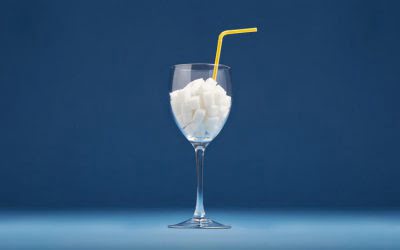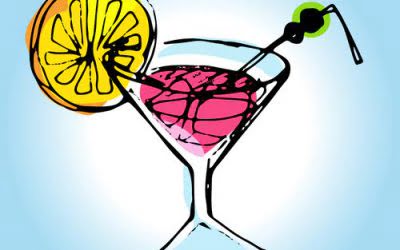If you want to stop drinking for good, don’t let past relapses discourage you from trying to quit. It is normal and even expected for people to try to quit at least once before achieving sobriety. Designing a supportive environment may require removing items or people from someone’s life. Once urges and cravings are well-managed, a person may consider reconnecting with certain individuals. Framing sobriety as a temporary challenge versus a permanent lifestyle change can make it easier to stay sober for the long haul.
- Try to remain neutral and don’t argue, lecture, accuse, or threaten.
- You may not need to completely reinvent your life to quit drinking, but making a few changes in your surroundings to help avoid alcohol triggers can make a big difference.
- Self-affirmation is a powerful strategy to help motivate people to change their habits and behaviors.
- This could mean opting out of the weekly pub quiz for a while, or if you tend to drink when eating out, try going to restaurants that don’t sell alcohol or simply volunteer to drive.
- Paying attention to these signals can help validate your decision to quit drinking.
Staying Social When You Quit Drinking
In order to change your drinking habits, your first step is to take a close look at your current behaviors and find patterns. Whatever your reason to quit drinking, http://nbt-stroy.ru/catalog/nalivnye-poly/nalivnoy-pol-ultraflor-04/ know that you’re doing yourself a favor. Alcohol impacts our sleep, relationships, weight, risk for serious chronic conditions and more.
AA and Other Peer Support Groups for Alcohol Addiction

In addition, local or virtual support groups can help by providing an environment to safely discuss tips and challenges. No matter your situation, Dr. Das emphasizes the power of enlisting help as you embark on a life sans booze. You don’t have to leave the house to get support from other people who understand and respect what you’re trying to do.

Alcohol addiction treatment options
You may be able to detox at home and recover from alcoholism with the help of support groups such as Alcoholics Anonymous. However, medically supervised detox and professional rehab are more likely to help you maintain long-term sobriety. It could be the increasing frequency of hangovers, the influence of alcohol on your personal and professional life, or simply your growing desire for a healthier lifestyle. Paying attention to these signals can help validate your decision to quit drinking. Consulting a healthcare professional can also aid in determining if your drinking pattern is problematic.
Make a plan.
You should plan to taper for between three and seven days depending on how much you’re used to drinking. Slowly reduce the amount of alcohol you consume each day until you reach sobriety. If you begin to experience serious withdrawal symptoms, drink enough to make the symptoms subside.
A shot of distilled spirits like vodka is 1.5 ounces and equally 40% alcohol. One 12-ounce can of beer contains about 5% alcohol, and a standard glass of sherry is 3 to 4 ounces and contains about 17% alcohol, according to the NIAAA. The compensation we receive from advertisers does not influence the recommendations or advice our editorial team provides in our articles or otherwise impact any of the editorial content on Forbes Health. Emotionally, http://newacropolis.ru/news_na_desc/anketa/817/ you may feel some anxiety or sadness about ending a chapter of your life and nervousness about the future.

Write your drinking goal down and keep it where you will frequently see it, such as on your phone or taped to your refrigerator. Distance yourself from people who don’t support your efforts to stop drinking or https://only-paper.ru/forum/40-3027-1 respect the limits you’ve set. Let friends, family members, and co-workers know that you’re trying to stop or cut back on drinking. If they drink, ask them to support your recovery by not doing so in front of you. Setting a goal to stop drinking alcohol requires a person to be aware of their reasons for this behavioral change.

Top tips to help you quit drinking

If you’ve become dependent on alcohol, cutting it out of your life may produce withdrawal symptoms, such as a rapid heartbeat, high blood pressure, sweating and shaking. Psychological symptoms can include irritability, anxiety and restlessness. If you’re considering giving up alcohol, but aren’t sure how to stop drinking, you are far from alone. The truth is no two people’s reasons to quit drinking—or their journeys to quitting—are going to be the same.
These in-house treatment centers typically require patients to live at the facility for a fixed period, typically between 30 and 90 days. Such sessions are chaired by a qualified alcohol intervention specialist, a mental health specialist, or a licensed alcohol and drug counselor. According to the National Council on Alcoholism and Drug Dependence (NCADD), a professionally-led intervention brings successful results in 90 percent of all cases.
Comentarios recientes